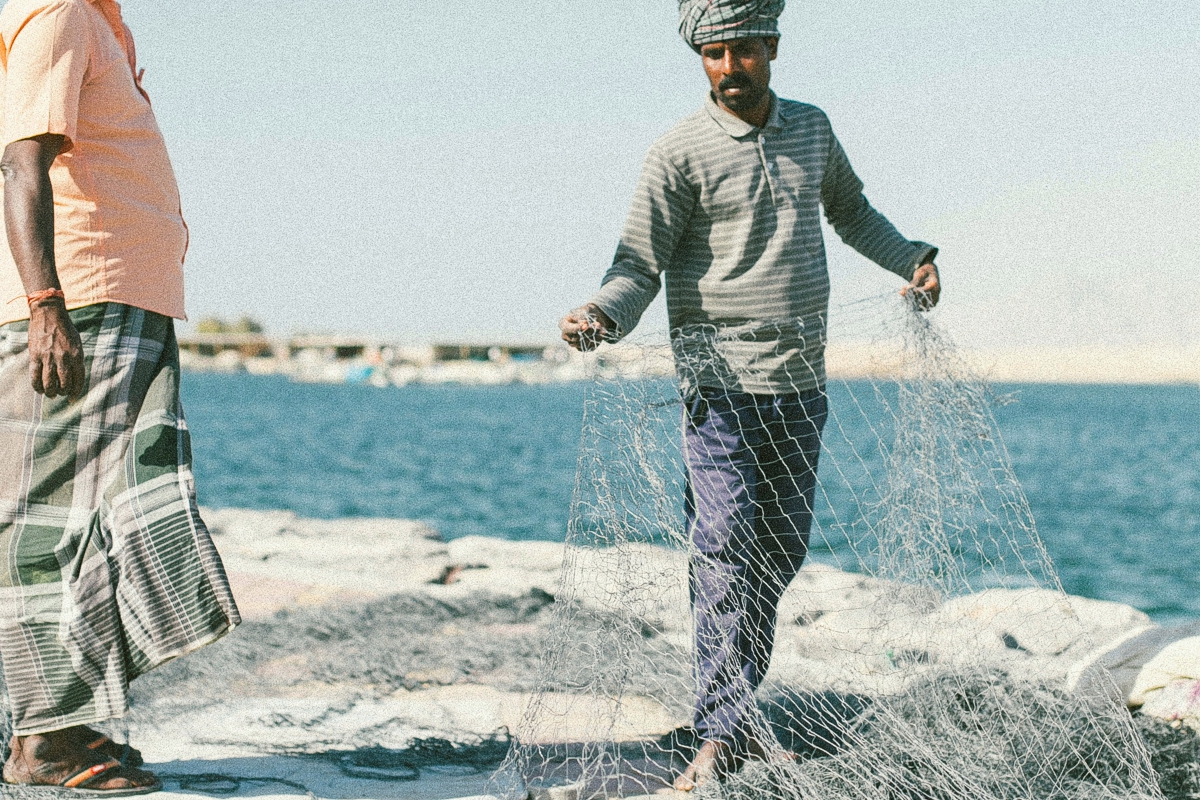SEE ALSO
Text: The draft sent to the 2024 WTO Ministerial Conference
Chair upbeat about members’ approach to final WTO fish subsidies push
Chair issues new draft before final fisheries subsidies month
Updates, timeline and links
AND
All articles tagged “fisheries subsidies” | Technical note on subsidies for fisheries
UPDATE: On April 12, 2024, chair Einar Gunnarsson circulated a copy of an “advance draft” as emailed to ministers in the early hours of March 1, 2024, close to the end of the Abu Dhabi Ministerial Conference. His accompanying explanation includes a detailed account of what happened at the conference.
Paragraphs 56 to 59 of the chair’s explanation describe further convergence after that draft was circulated, although some issues remained unsettled. It was the further revisions that Fiji and Vanuatu wanted discussed in the final plenary sessions at the conference, sparking a furious outburst of objections from India’s Commerce Minister Piyush Goyal. As Gunnarsson says, work will continue.
By Peter Ungphakorn
POSTED FEBRUARY 19, 2024 | UPDATED APRIL 13, 2024
The fisheries subsidies draft for the World Trade Organization’s February 26–29, 2024 Ministerial Conference in Abu Dhabi was published on February 16 along with a detailed explanation by the chair, Ambassador Einar Gunnarsson of Iceland.
“All members are very aware that next week, the eyes of the world will be on us,” Gunnarsson told journalists on February 19. (His full statement is here.)
“I believe that we have every possibility to deliver a meaningful outcome and bring these very long-running fisheries subsidies negotiations to a close at last. I will do everything in my power to help that chance become a reality.”
Achieving that is not guaranteed, and work continues in the final days before the conference to resolve at least some of the remaining differences.
(The draft and the explanation are presented side by side here.)
Continue reading “Fisheries subsidies draft published for WTO Ministerial Conference”




